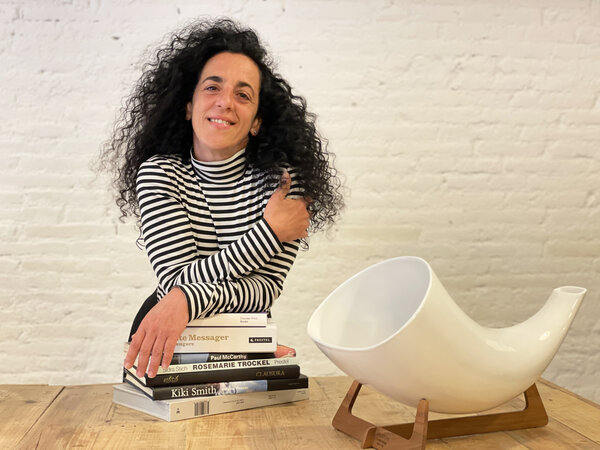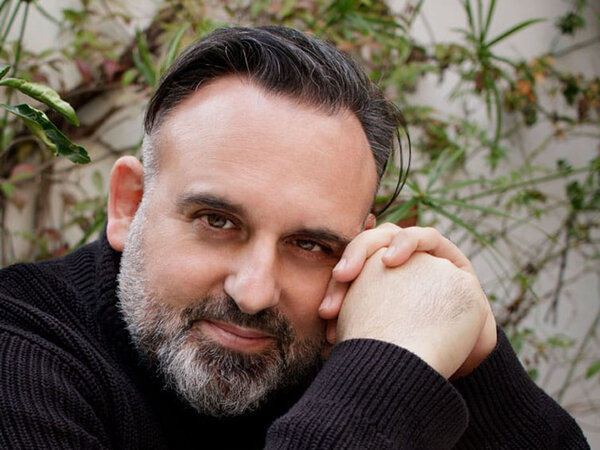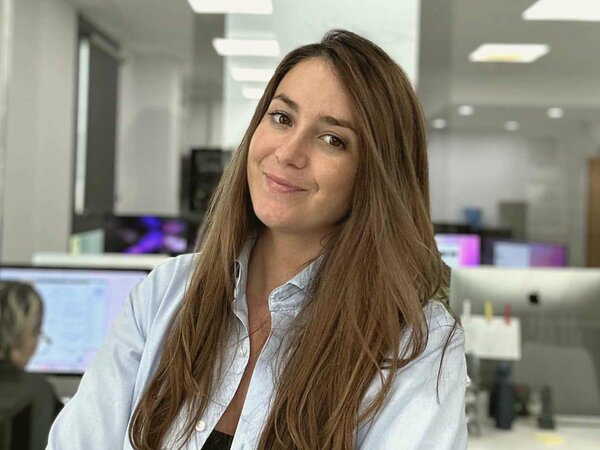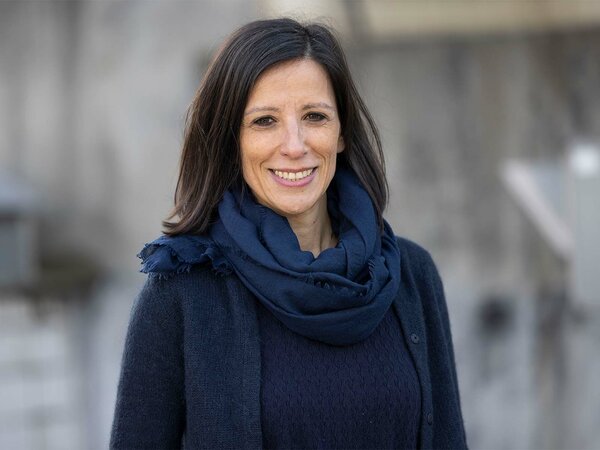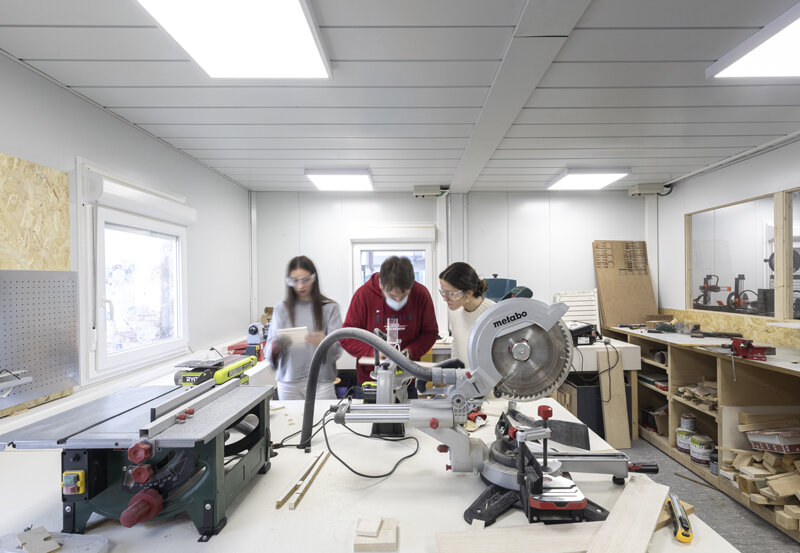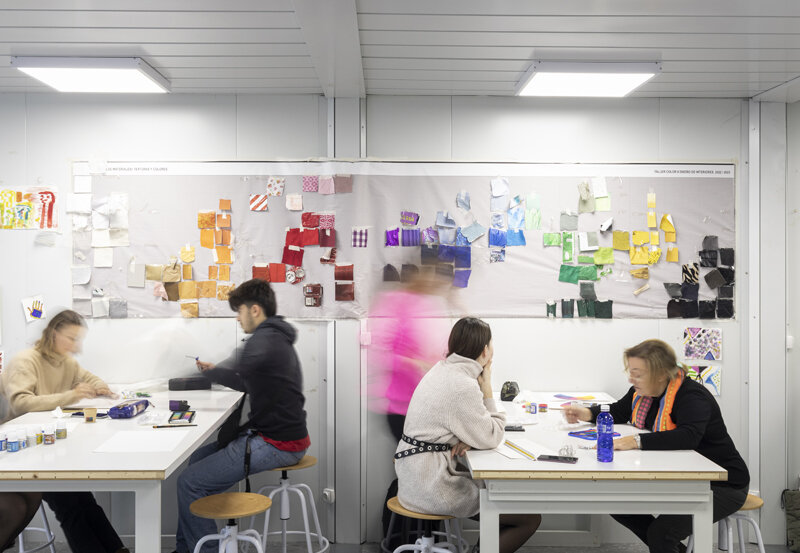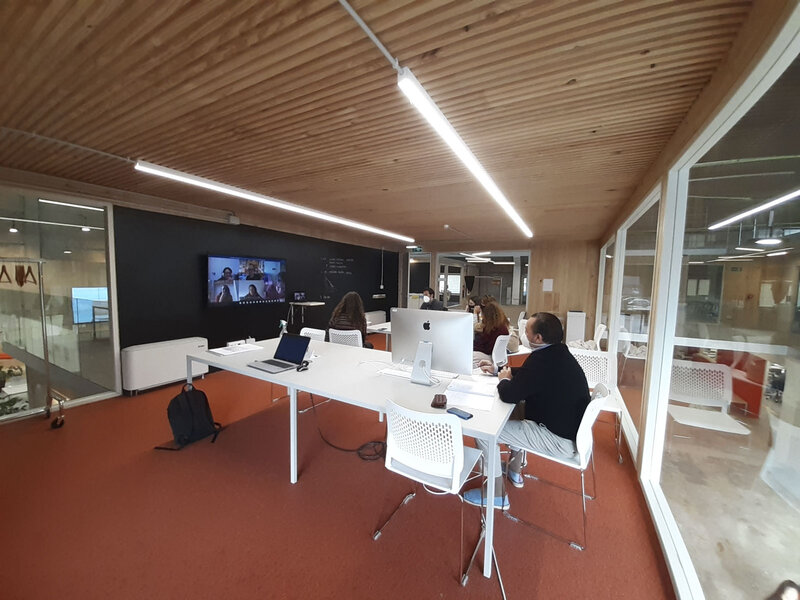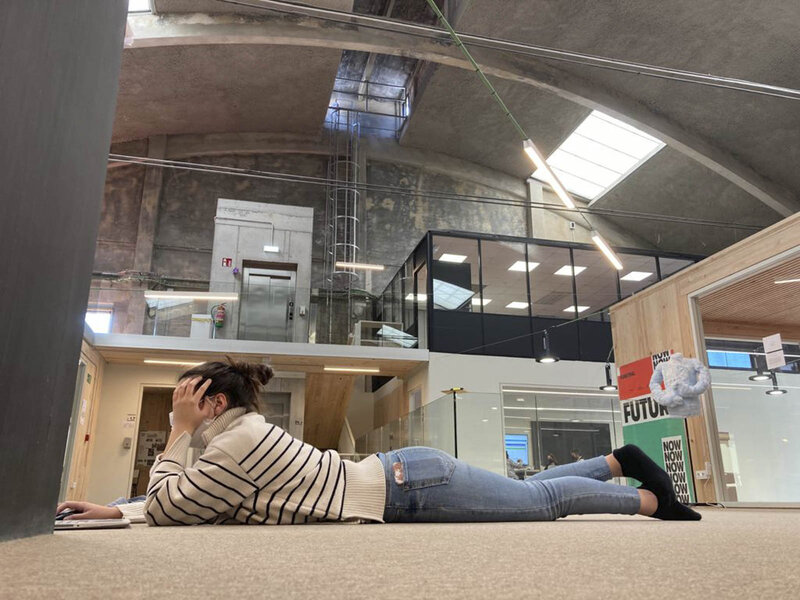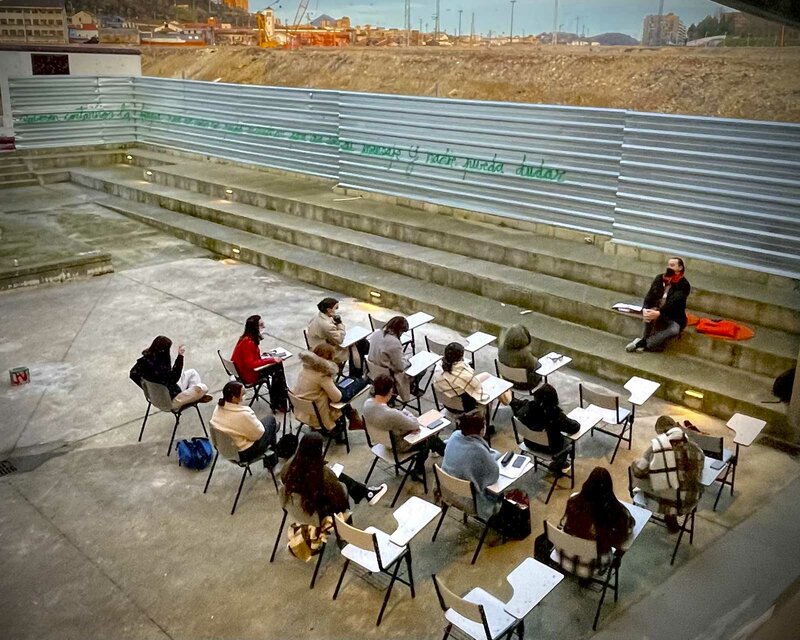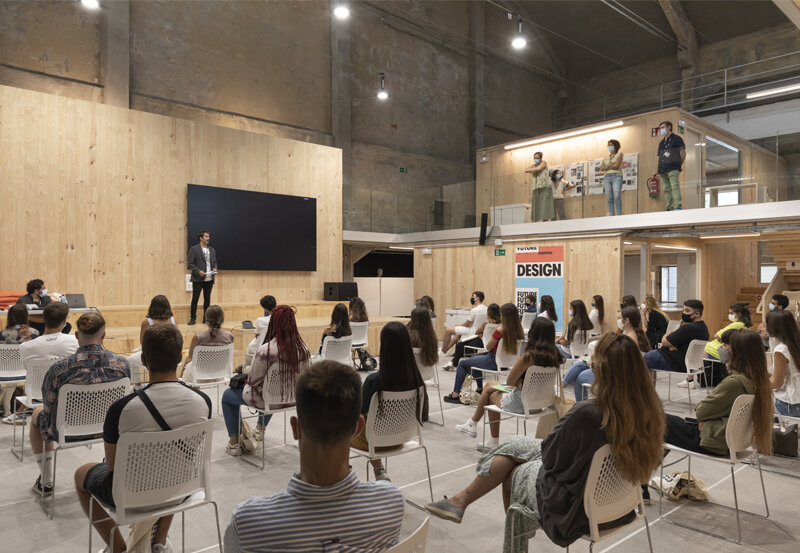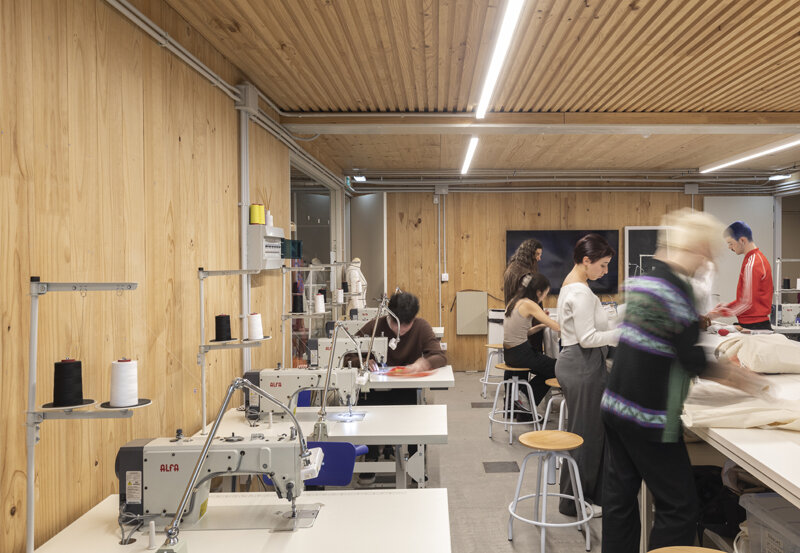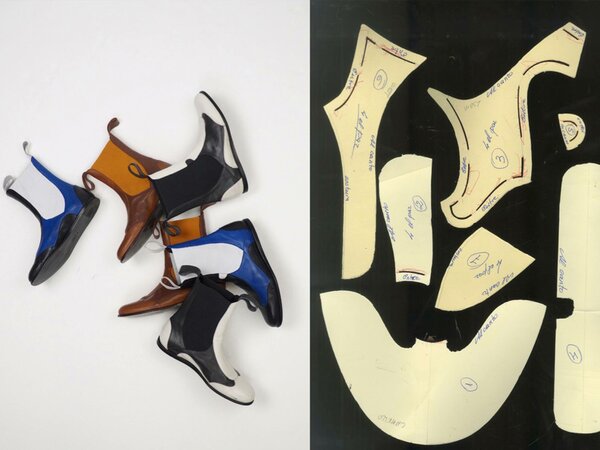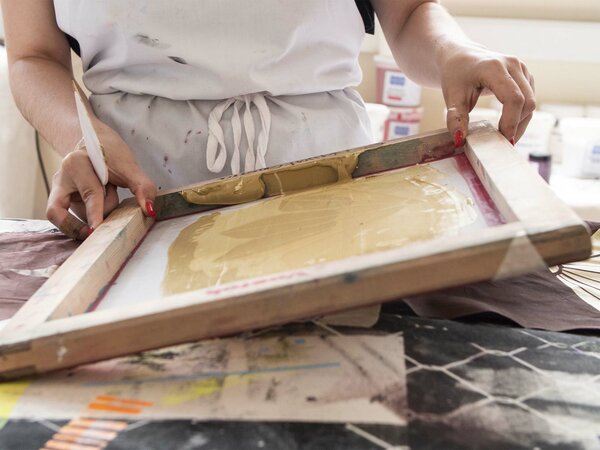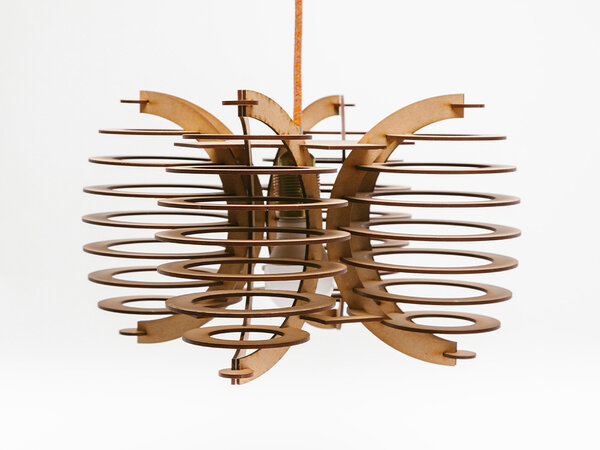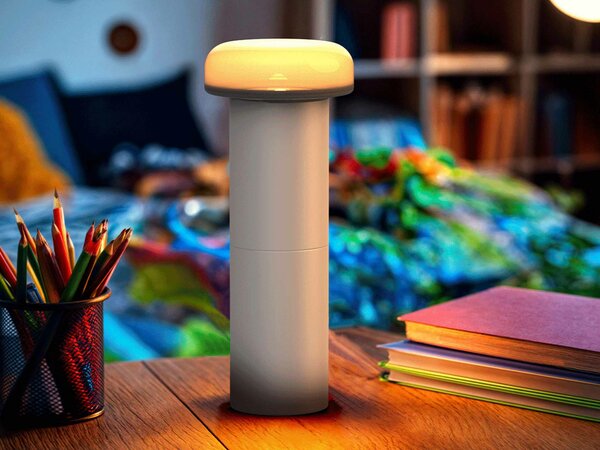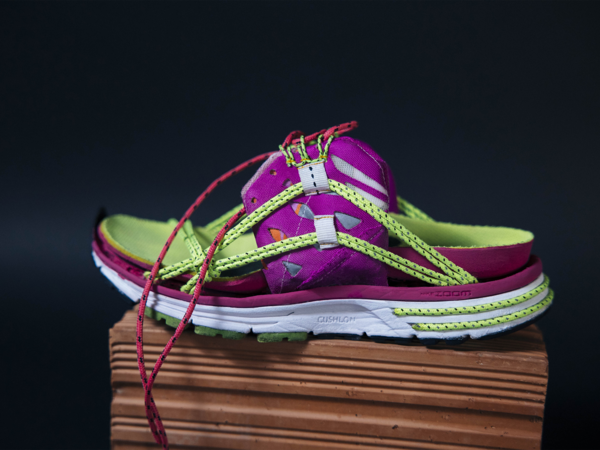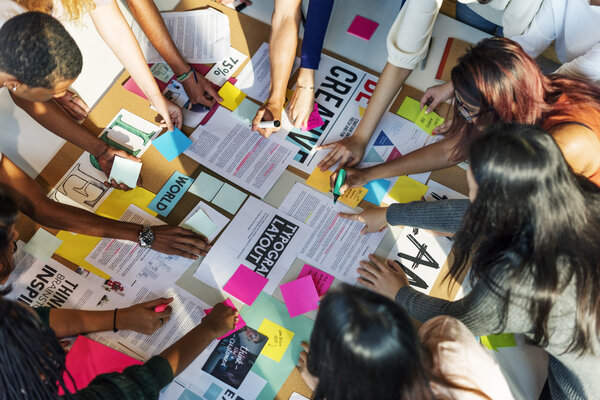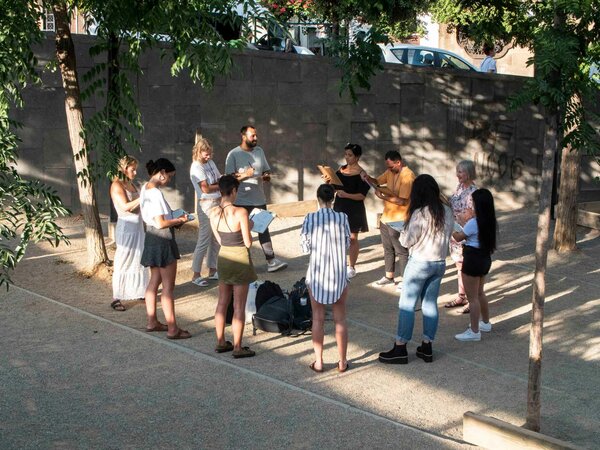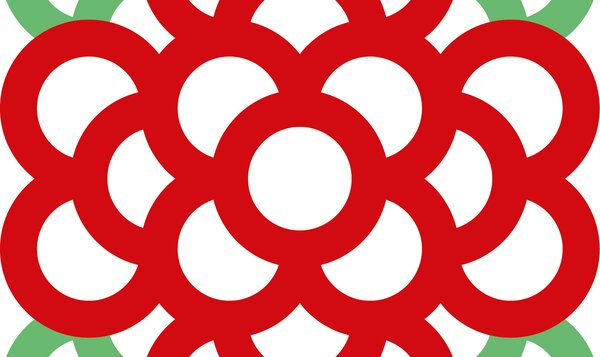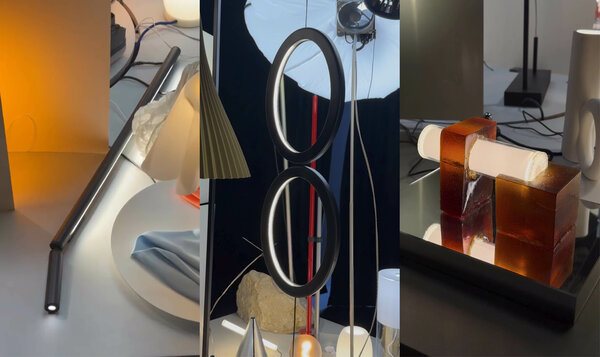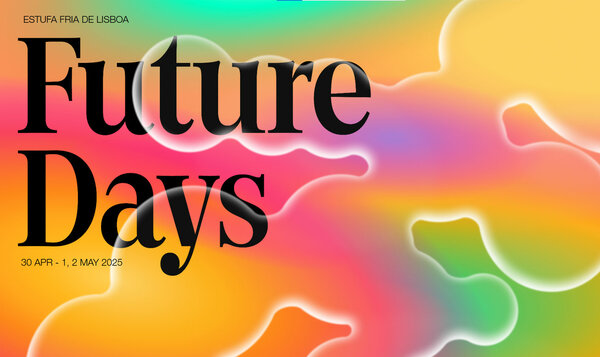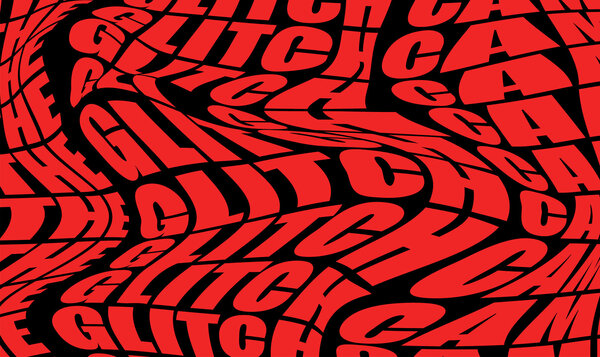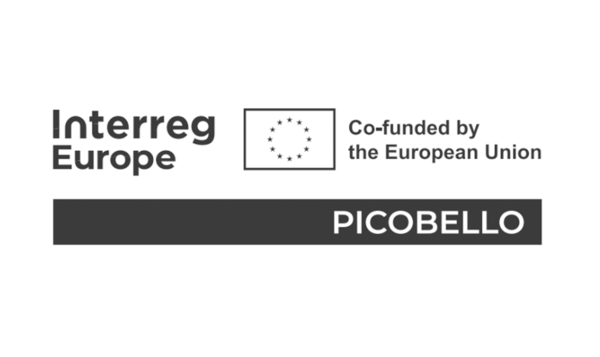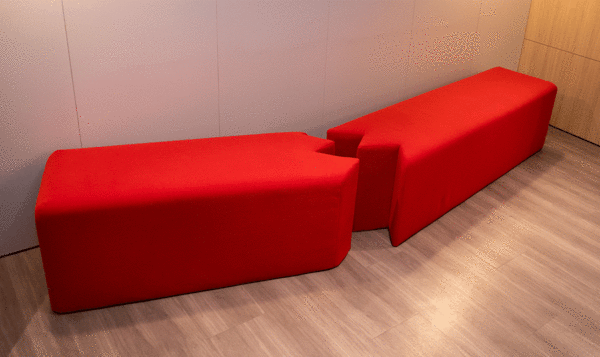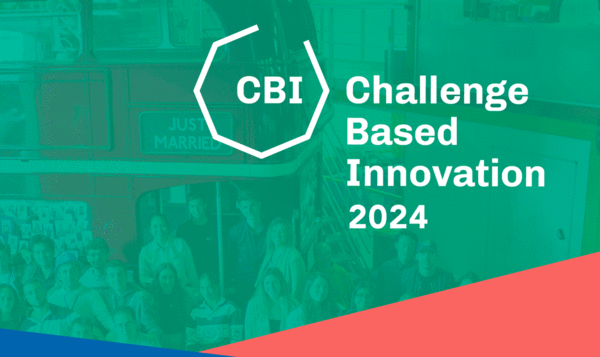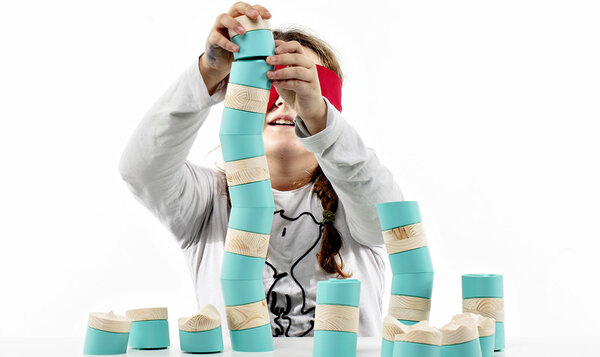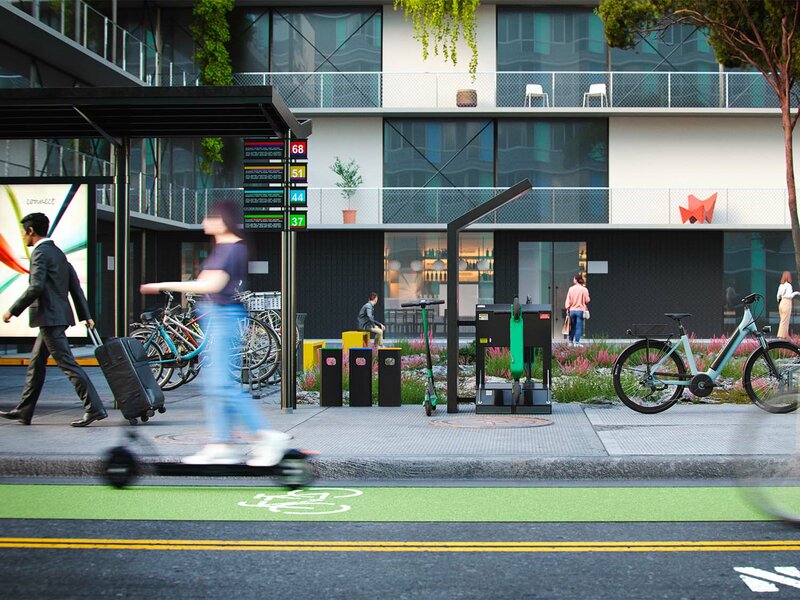
Service Design
Learn how to change the world using human-centred design, adopting a multidisciplinary approach in mentored projects
ESP
Language
Spanish
Start date
October 2025
Frequency
Afternoons and Saturdays
Fruition
On campus
Duration
9 Months
Course Coordination
Idoia García de Cortázar
Price
€ 13,000
Find out the current facilitations
A panoramic, immersive program to acquire the mindset you need for the challenges of the modern world, using design to find solutions that have a positive impact.
Rethink design! Learn to design human-centred services, products and systems for users and their ecosystems. In the Master’s Degree in Service Design you’ll acquire the mindset, know-how, techniques and tools you need to find and prototype viable solutions. The program, consisting of face-to-face classes at the school, alternates individual work with round tables, and includes three mentored projects in which you can put what you’ve learnt into practice.
You’ll create an effective network of contacts as the program progresses, both during 3-6 months of work experience and as a natural consequence of your active role in the academic process.
Information to decide
A master's degree for the professional designer to channel your interest, critical thinking and creative talent, designing solutions for change that have a positive impact on the way we live.
The project-based methodology makes it easier for you to acquire the know-how and skills you need to design solutions for change. You’ll work for an extended period of time doing research to find answers to a genuine, engaging and complex question, problem or challenge from the IED Kunsthal partner network.
In this master's degree you’ll work in the five stages of the process involved in creating a design project. Starting from the disciplines of design, you’ll explore and analyse, define ideas, test prototypes, and implement the best design concept.
To develop the design skills you need, you’ll use a variety of specific tools and techniques such as teamwork, communication, empathy and critical thinking.
The program combines ideation and brainstorming ideas with experience in face-to-face classes, round tables, individual work and mentoring sessions. The goal is to help you create a solid portfolio of Human-Centred Design projects that provide solutions for change based on diversity and social innovation.
The Master’s Degree in Service Design is a program for graduates in various disciplines who want to develop a more in-depth design culture to use as an instrument of transformation. Whether you have professional experience or not, if you want to design services, products or systems that can improve the way we live and our social environment, finding solutions to problems related to transformations and the effects of the same on people and society as a whole, this is the master´s degree for you.
The mindset, skills and experience acquired in this program, and the networking you’ll do with collaborating companies, give you a direct line to connect with small companies or large corporations and their Product, Services, or Strategic Design Departments, digital and cultural Innovation Areas or Transformation teams.
You’ll also acquire the tools you need for your own start-up or to start a partnership with other like-minded people, and be able to make a valuable contribution to the non-profit sector with project management design methodologies and Social Innovation projects and initiatives.
What’s more, you’ll be studying your master's degree in Bilbao, a vibrant hub of industrial design and illustration; a city that’s implemented one of the most radical and relevant cultural and artistic transformations of modern times.
